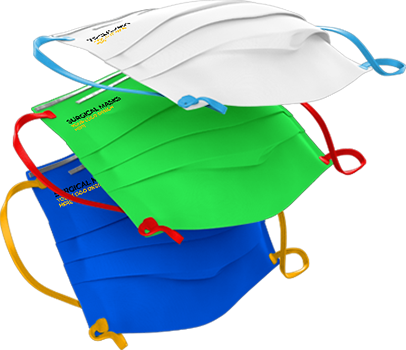Master the Game Advanced Poker Tactics

Master the Game: Advanced Poker Tactics
As the game of poker evolves, so do the strategies that players employ. In today’s competitive atmosphere, relying on basic tactics simply won’t cut it. Whether you’re a seasoned player or a motivated newcomer, embracing Advanced Poker Tactics https://sportdrama.co.in/si/ can elevate your gameplay, enhance your decision-making process, and increase your overall profit potential. In this article, we will explore several advanced strategies that can be implemented to refine your approach to poker, improve your reading skills, and boost your success at the tables.
The Importance of Table Dynamics
One of the first aspects of advanced poker strategy is understanding and adapting to table dynamics. Every table has its unique set of players, and recognizing their tendencies can be pivotal to your success. Start by observing each player’s style—are they aggressive or passive? Do they play a wide range of hands or are they selective? By analyzing these characteristics, you can better position yourself to exploit their weaknesses.
Identifying Player Types
Players can generally be categorized into four types: tight-aggressive, loose-aggressive, tight-passive, and loose-passive. Tight-aggressive players are selective about the hands they play but bet aggressively when they do. Conversely, loose-aggressive players play many hands and aim to apply pressure, making them formidable opponents. Tight-passive players tend to play conservatively and often fold under pressure, while loose-passive players may call frequently but seldom raise. Tailoring your strategy according to the player types at your table can significantly increase your edge.
Advanced Hand Reading Skills
Effective hand reading is a hallmark of advanced poker strategy. It relies on gathering information based on your opponents’ actions and the context of the game. This skill involves putting together a range of possible hands that your opponent could be holding, which allows you to make more informed decisions.
Developing a Hand Range
Begin by assigning a hand range to your opponent based on their pre-flop action. For instance, if a player raises from early position, their range is likely more selective compared to someone who raises from the cutoff or button. As the action unfolds on the flop, turn, and river, you should refine this range according to communal cards and the betting patterns exhibited by your opponent.
Utilizing Positional Advantage
In poker, position refers to where a player sits at the table in relation to the dealer button. Positional advantage allows skilled players to control the flow of the game significantly. Generally, players in late position can make more informed decisions because they can see how their opponents act before making their own choice.
Exploiting Position

Knowing when to play aggressively and when to play conservatively based on your position is crucial. From early position, you should generally play tighter since there are many players still to act. However, from late position, you can widen your playing range and take advantage of the information you gather. In addition, players in late position can often bluff more effectively, as they can gauge the strength of their opponents’ hands before committing chips.
The Art of Bluffing
Bluffing is a key component of poker strategy, but it requires finesse and an understanding of your opponents. An effective bluff can force even the strongest hands to fold, allowing you to take down pots without the best cards.
Choosing the Right Moments
Optimal moments for bluffing include when the board presents strong possibilities for straights and flushes, or when you believe your opponent has a weak hand. A well-timed bluff combined with the right table image can create a significant impact on your overall success. Remember, the more credible your story is, the more likely your opponents are to buy it.
Mental Game and Psychology
A significant aspect of advanced poker tactics is mastering the mental approach to the game. Your mindset can greatly affect your decision-making process and performance at the table.
Staying Emotionally Balanced
It’s crucial to maintain focus and composure, especially after a bad beat or a series of lost hands. Emotional decision-making can lead to hasty plays and poor choices. Practice mindfulness and develop strategies to reset your mental state, ensuring that you remain level-headed throughout your sessions.
Bankroll Management
Finally, no advanced poker tactic is complete without effective bankroll management. Your bankroll is your lifeline, and managing it improperly can lead to quick losses and failed careers. Stick to a set buy-in as a percentage of your total bankroll—typically, no more than 5% for cash games and around 10% for tournaments. This strategy will help you weather the ups and downs of poker.
Setting Clear Limits
Implement clear limits on both your sessions and daily losses. This will prevent emotional decisions when you’re experiencing a downswing and will allow you to walk away while you’re still ahead.
Conclusion
Utilizing advanced poker tactics can dramatically enhance your game and give you a considerable advantage over your opponents. By understanding table dynamics, developing hand reading skills, exploiting positional advantages, mastering bluffing, maintaining mental balance, and practicing sound bankroll management, you are well on your way to becoming a formidable player. The key is to combine these strategies, practice regularly, and continually learn from each experience at the tables. Remember, poker is a game of skill, strategy, and psychology—all the pieces fit together to create a path toward success.

